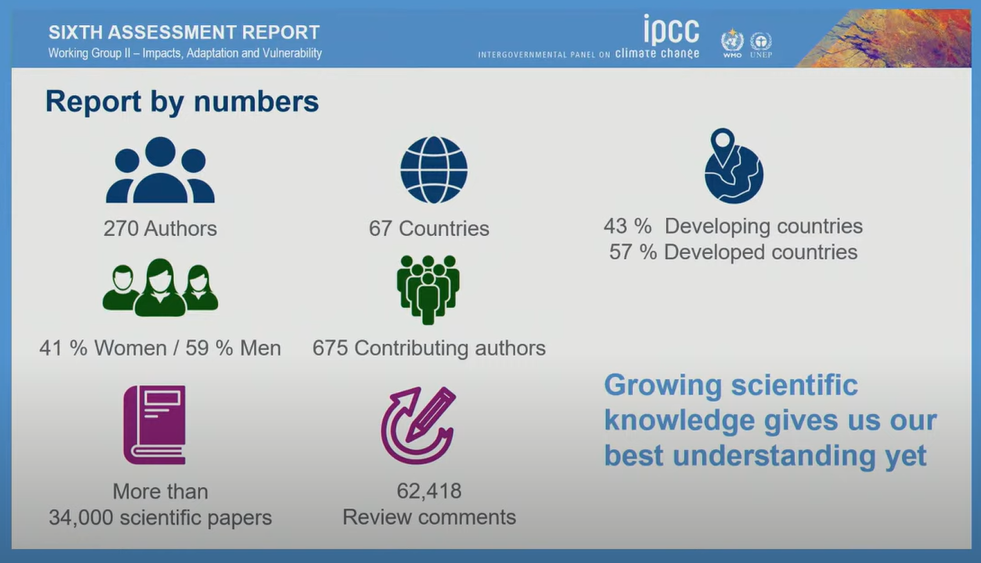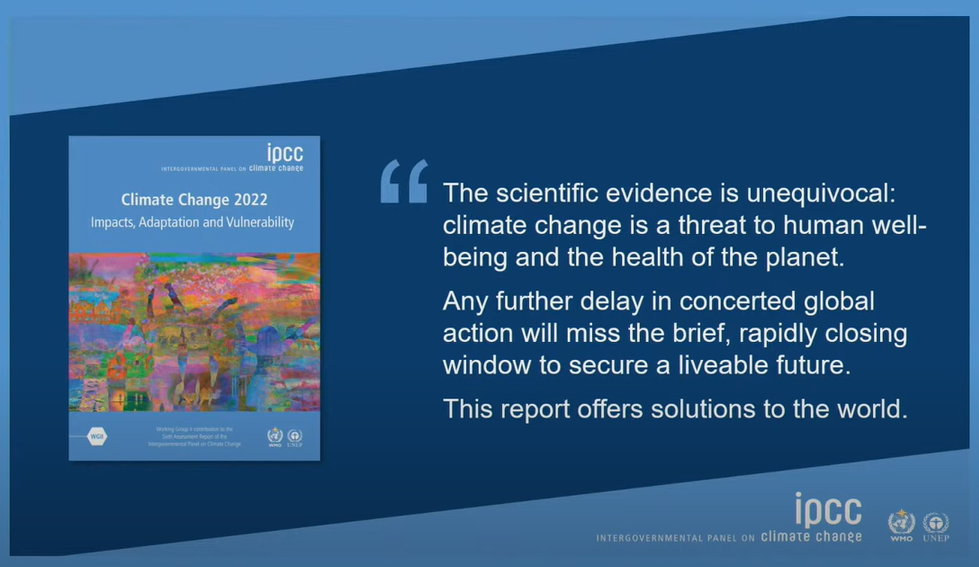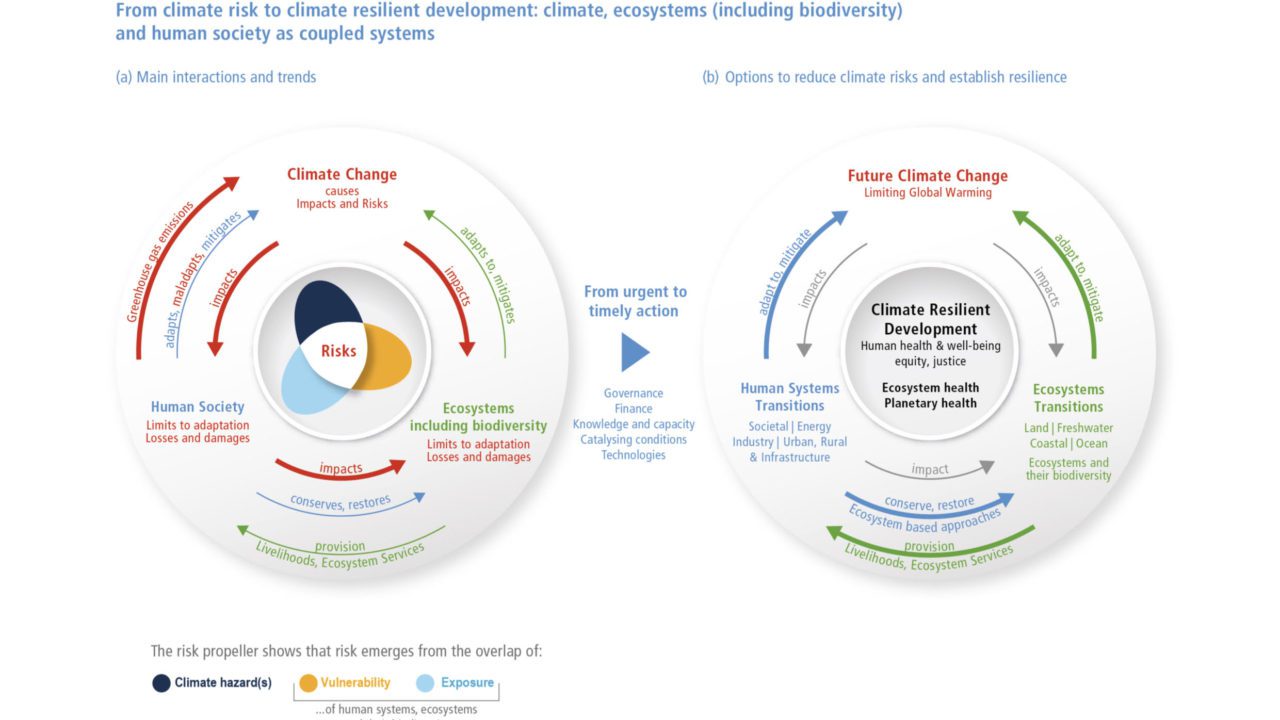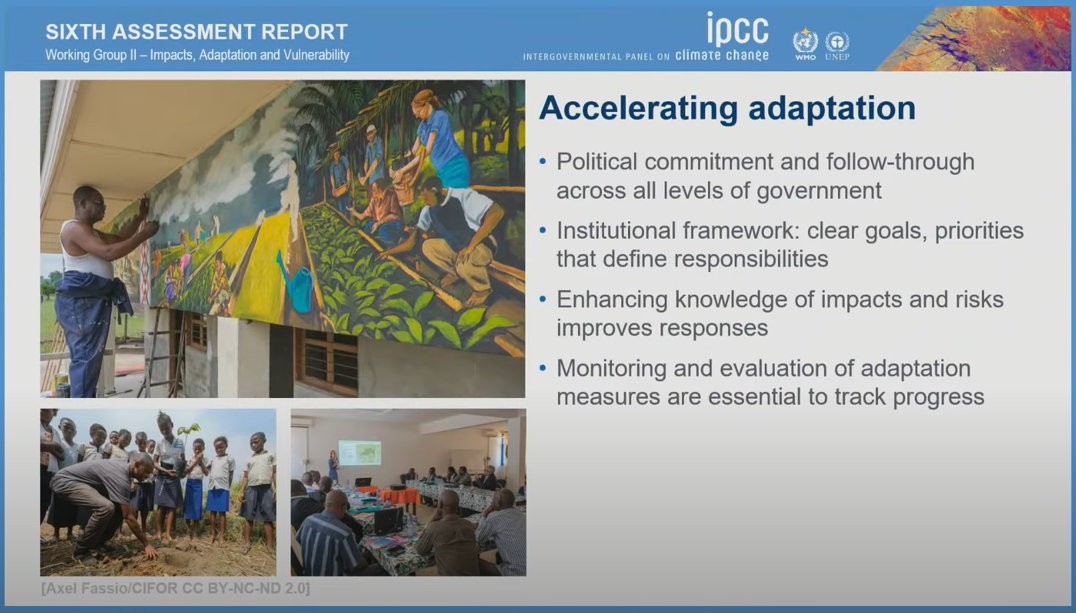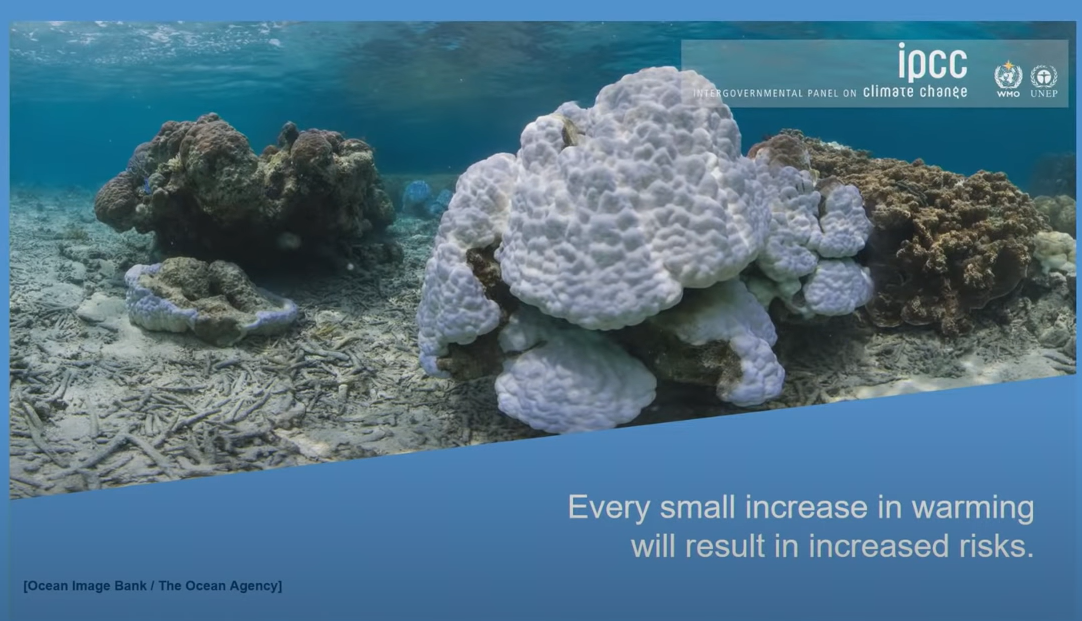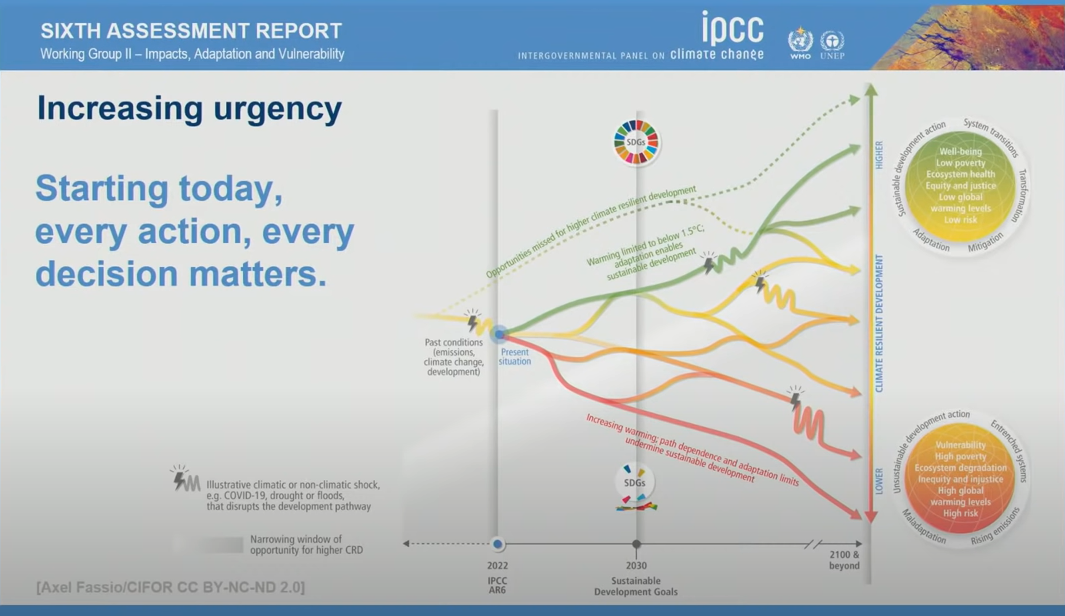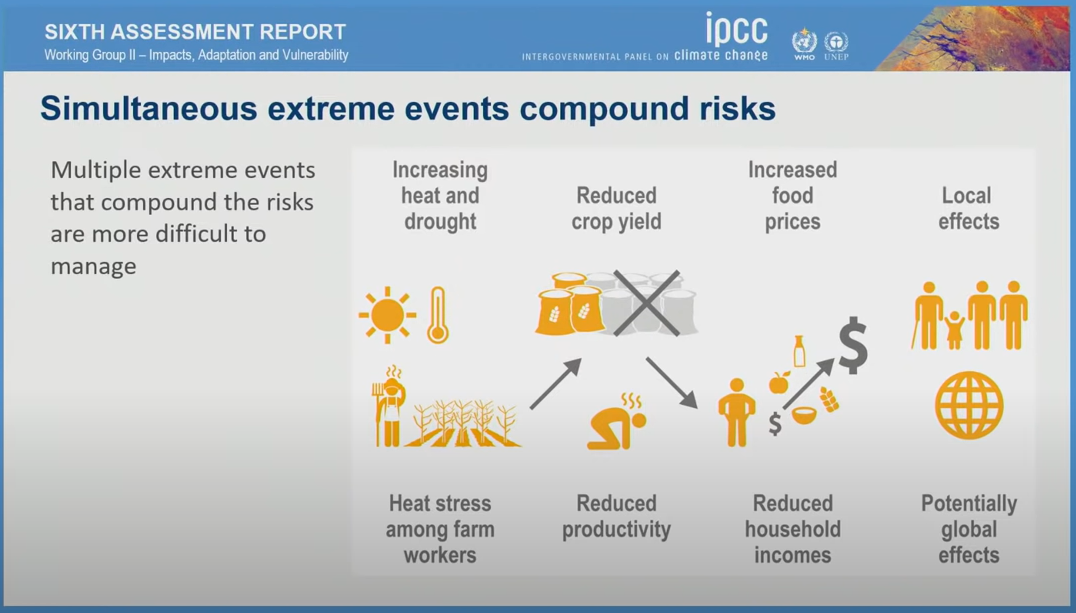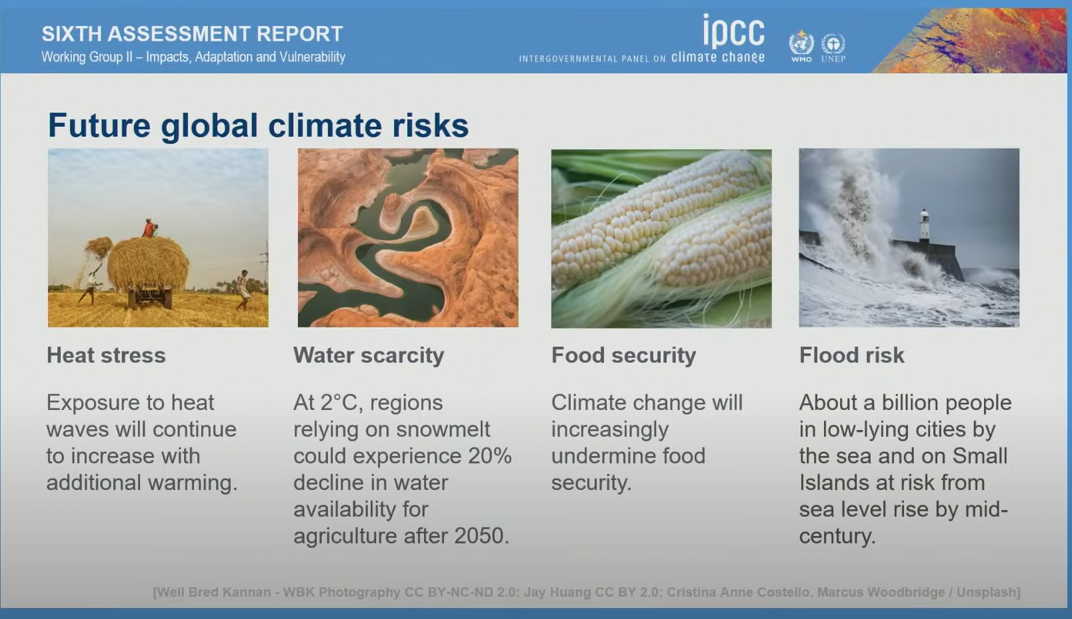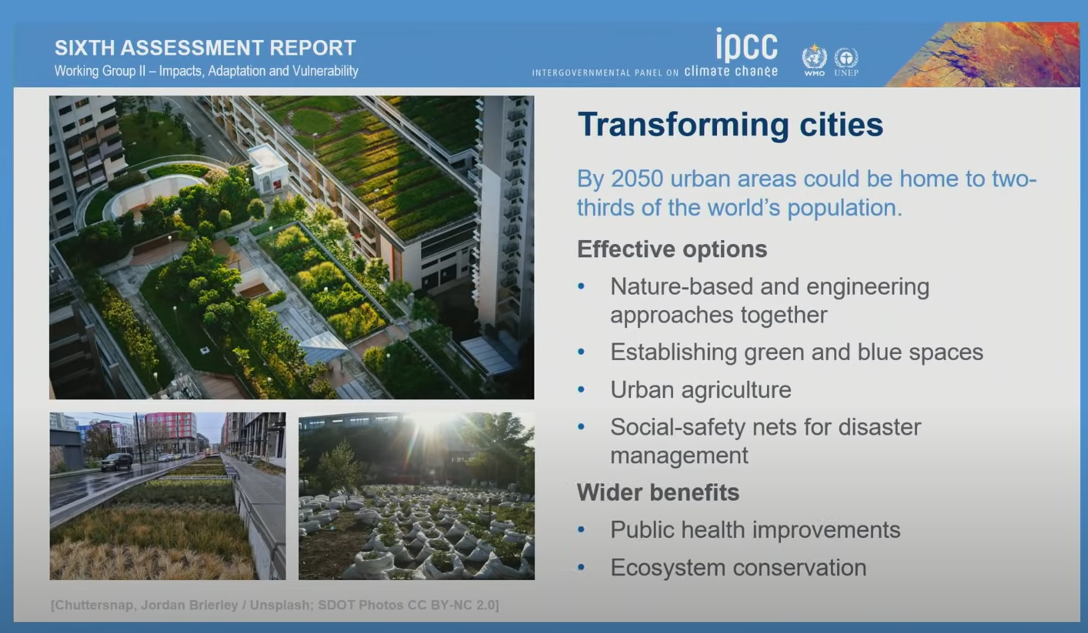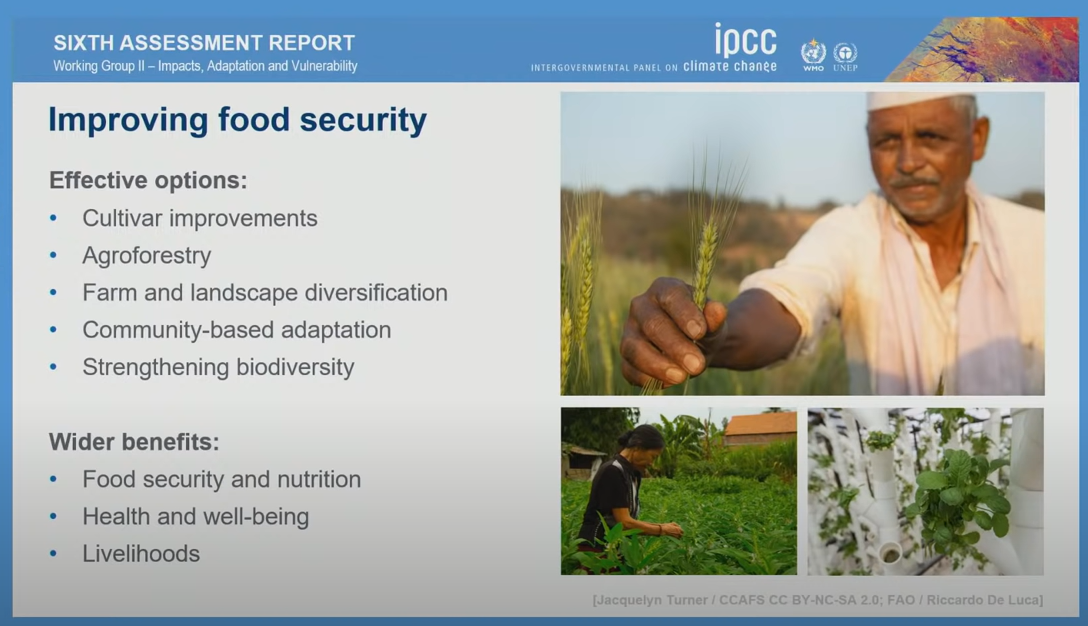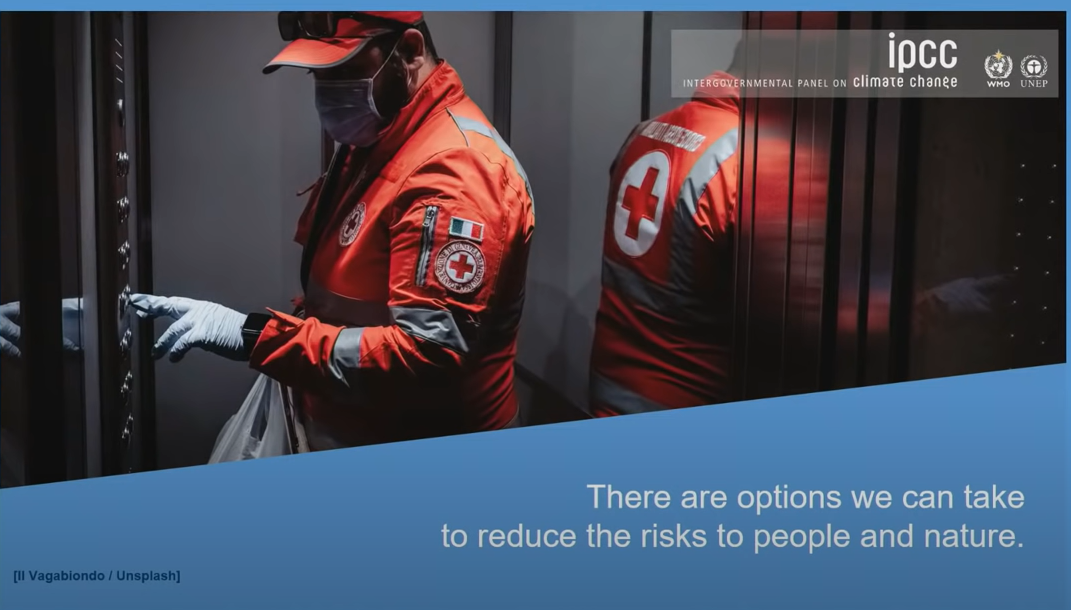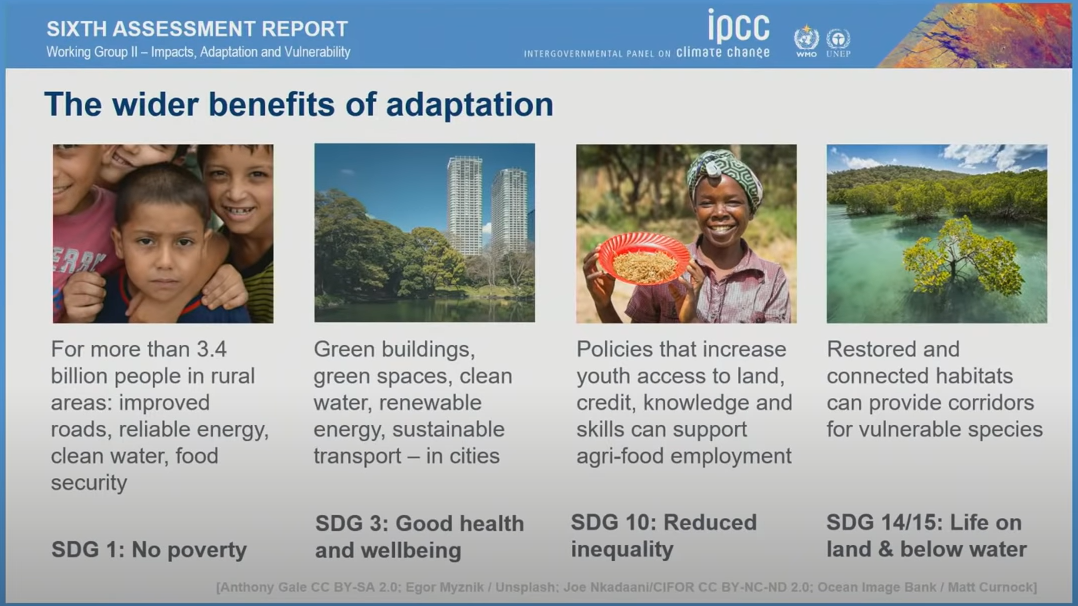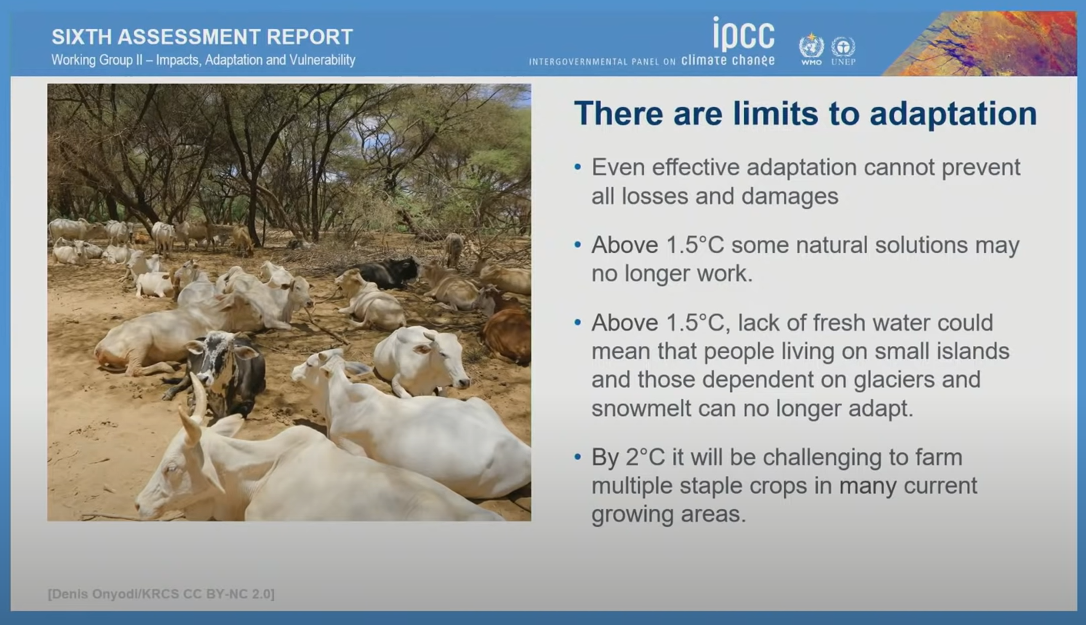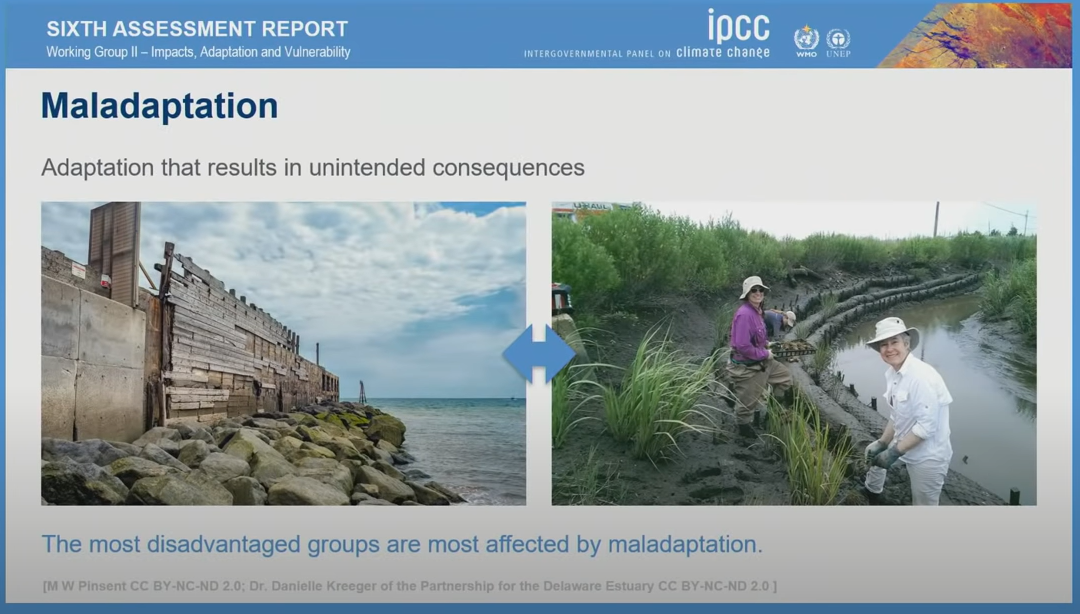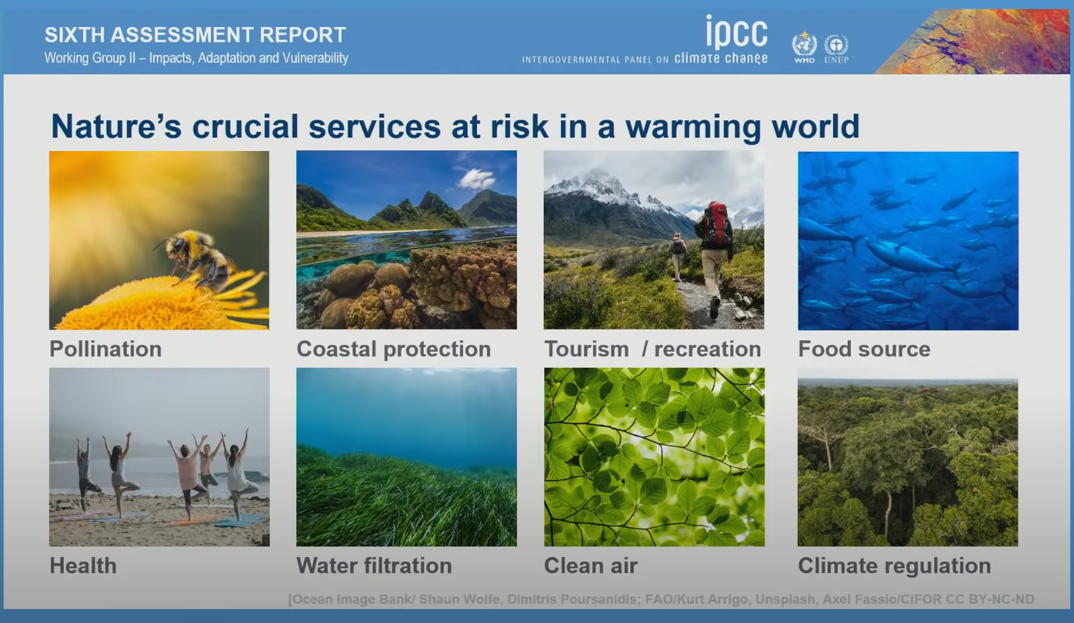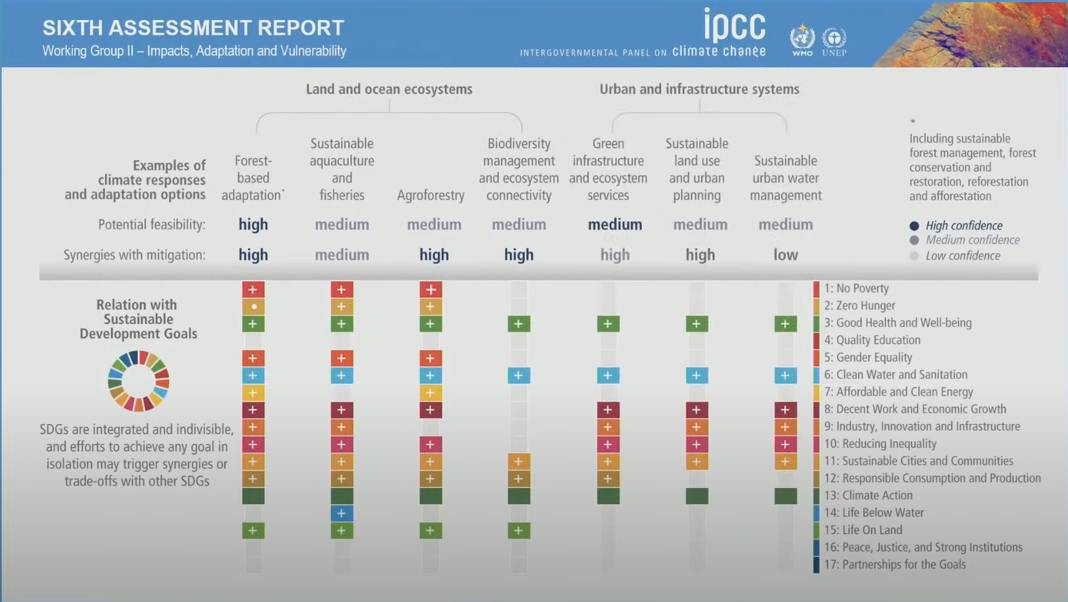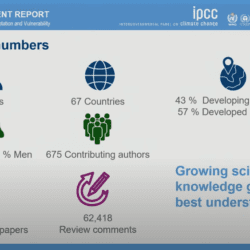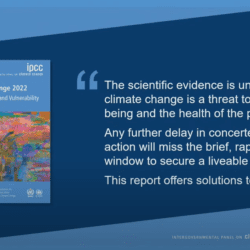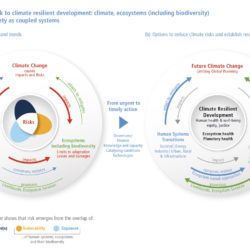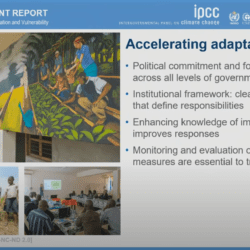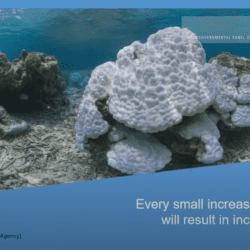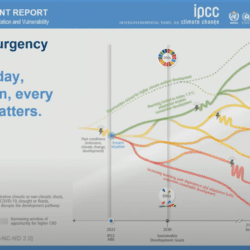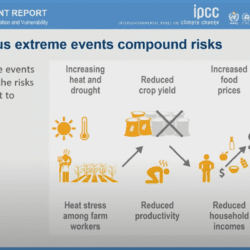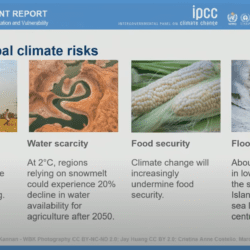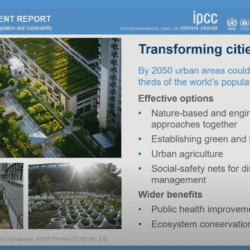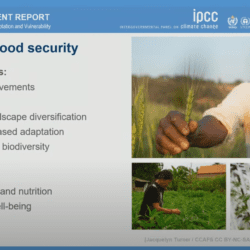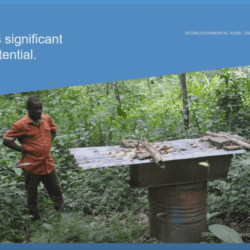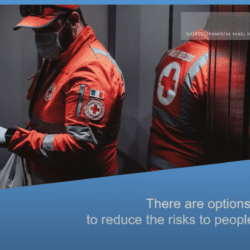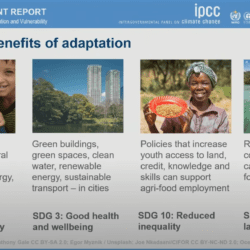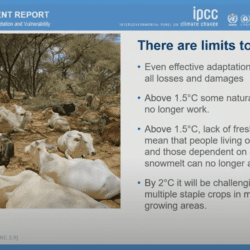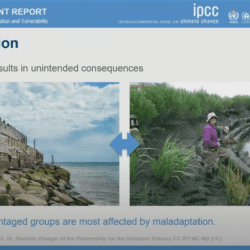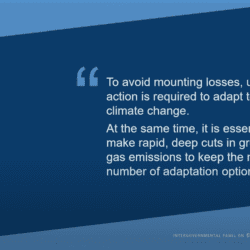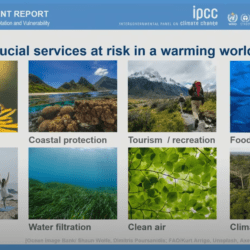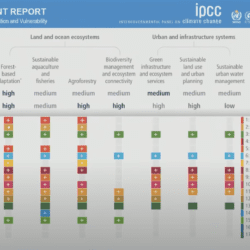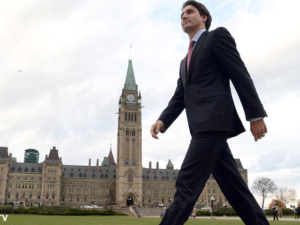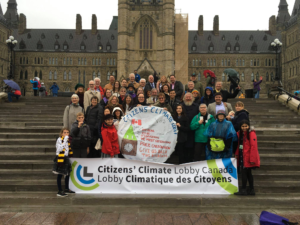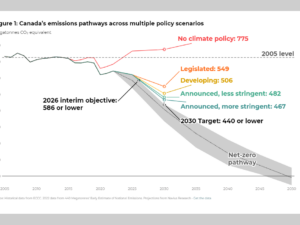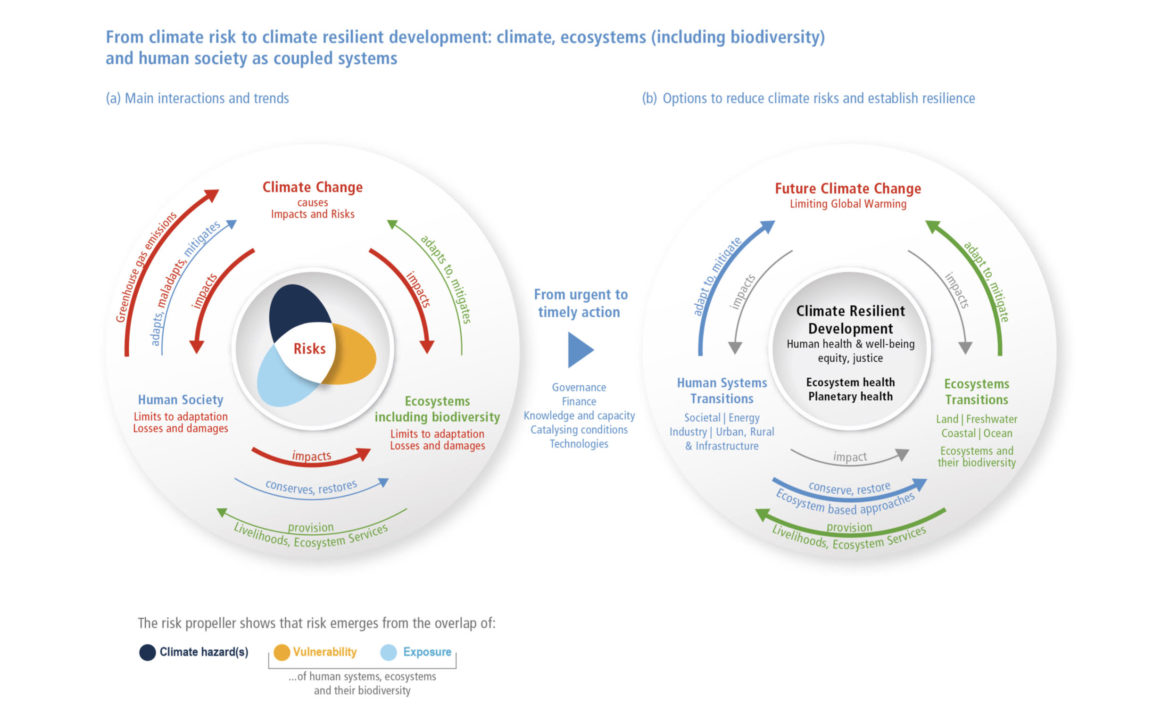
On Monday, February 28, 2022, the Intergovernmental Panel on Climate Change (IPCC) Working Group II released its latest report, this time on impacts, adaptation, and vulnerability. The IPCC Working Group II included 270 authors from 67 countries, 47 coordinating authors, 184 lead authors, and 39 review editors. The report also draws on the work of 675 contributing authors and over 34,000 cited references. Before reaching the final product, Working Group II received a total of 62,418 expert and government review comments. The scientific evidence is unequivocal: climate change is a threat to human wellbeing and the health of the planet. Any further delay in concerted global action will miss a brief and rapidly closing window to secure a liveable future. As current events make all too clear, our reliance on fossil fuels makes all of us vulnerable to geopolitical crises. There is a path forward, just follow the money. Financial policies enacted by our government must create an equitable and resilient world. These policies include tax reform, carbon pricing, subsidy reform, and border carbon adjustments. A November 2021 article in Nature found that it will be possible to reach a 2C target while also increasing wellbeing, reducing inequality, and alleviating poverty globally if countries enacted a carbon fee with an equal per capita dividend policy. Thus, with a few more policies in play in addition to carbon fees with dividends, the 1.5C goal could be reached while reducing inequality at the same time.Laser Talk – IPCC Report on Impacts, Adaptation, and Vulnerability
Social inequality leads to the most vulnerable people being hit the hardest. Approximately 3.3 to 3.6 billion people live in contexts that are highly vulnerable to climate change. Countries such as Canada, with mature economies and high levels of resilience, should prioritize climate action to transition their energy systems and reduce greenhouse gas emissions while at the same time supporting adaptation policies globally.
The IPCC praised the importance of carbon pricing: “Pricing of greenhouse gases, including carbon, is a crucial tool in any cost-effective climate change mitigation strategy, as it provides a mechanism for linking climate action to economic development.”
Citizens’ Climate International has carbon pricing advocates in over 75 countries around the world. They advocate for a fee on carbon pollution where the revenues are returned to their citizens on an equal per capita basis, akin to Canada’s national carbon pricing policy.


